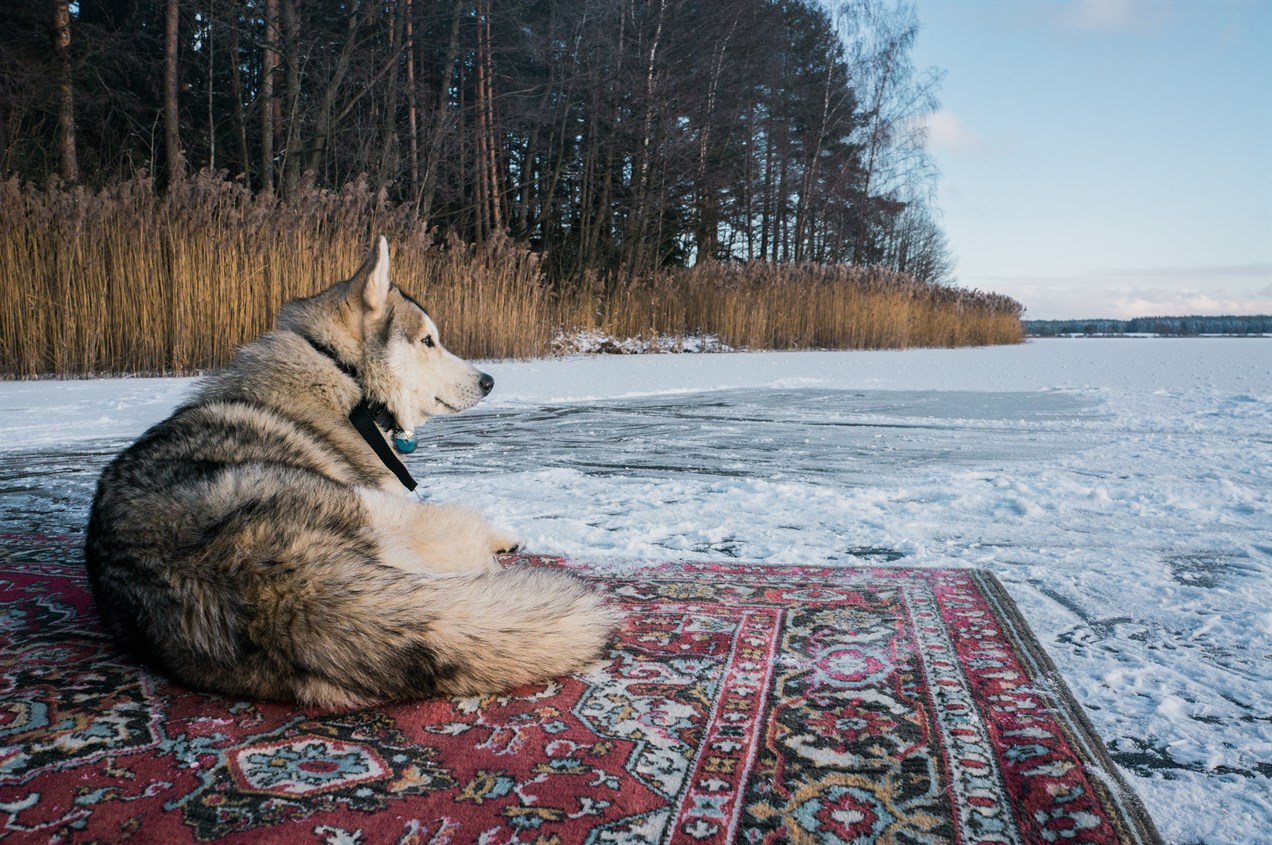Expected Life Span of the Alaskan Malamute

The Alaskan Malamute is a large and robust breed known for its strength and endurance. Like all dogs, their lifespan can vary based on various factors, including genetics, overall health care, and living conditions. On average, Alaskan Malamutes have an expected life span of about 10 to 14 years. Several factors can influence the lifespan of an Alaskan Malamute.
Genetics
The dog's genetic background plays a significant role in determining its lifespan. Malamutes with healthy lineage and responsible breeding practises often have a better chance of living longer.
Health Care
Regular veterinary check-ups, vaccinations, and preventative care are essential for maintaining a Malamute's health and detecting and treating potential issues early.
Diet and Nutrition
Providing a balanced and appropriate diet is crucial for overall health and longevity. Overfeeding or feeding an improper diet can lead to obesity and related health problems.
Exercise and Activity
Alaskan Malamutes are an active breed and require regular exercise to stay healthy and happy. Adequate physical activity helps prevent obesity and contributes to their overall well-being.
Weight Management
Maintaining a healthy weight is vital for preventing strain on joints and reducing the risk of obesity-related conditions, which can impact lifespan.
Environment
Living conditions, climate, and exposure to hazards can affect a Malamute's lifespan. Providing a safe and comfortable living environment, especially in extreme weather conditions, is essential.
Genetics and Inherited Conditions
Alaskan Malamutes can be prone to certain inherited health issues, such as hip dysplasia and cataracts. Responsible breeding practises that prioritise health screenings and genetic testing can help reduce the risk of these conditions.
Veterinary Care
Routine veterinary care, including dental check-ups, can help prevent and address health issues that might otherwise impact a Malamute's lifespan.
Overall, with proper care, nutrition, exercise, and regular vet visits, an Alaskan Malamute can enjoy a relatively long and healthy life. However, it's essential to remember that individual lifespans can vary, and some Malamutes may live longer or shorter than the average expectancy.
Providing them with a loving and attentive home is one of the most significant factors in ensuring they have the best chance at a long and happy life.
Alaskan Malamute puppies for sale
- Find Alaskan Malamute puppies for sale in ACT
- Find Alaskan Malamute puppies for sale in NSW
- Find Alaskan Malamute puppies for sale in NT
- Find Alaskan Malamute puppies for sale in QLD
- Find Alaskan Malamute puppies for sale in SA
- Find Alaskan Malamute puppies for sale in TAS
- Find Alaskan Malamute puppies for sale in VIC
- Find Alaskan Malamute puppies for sale in WA